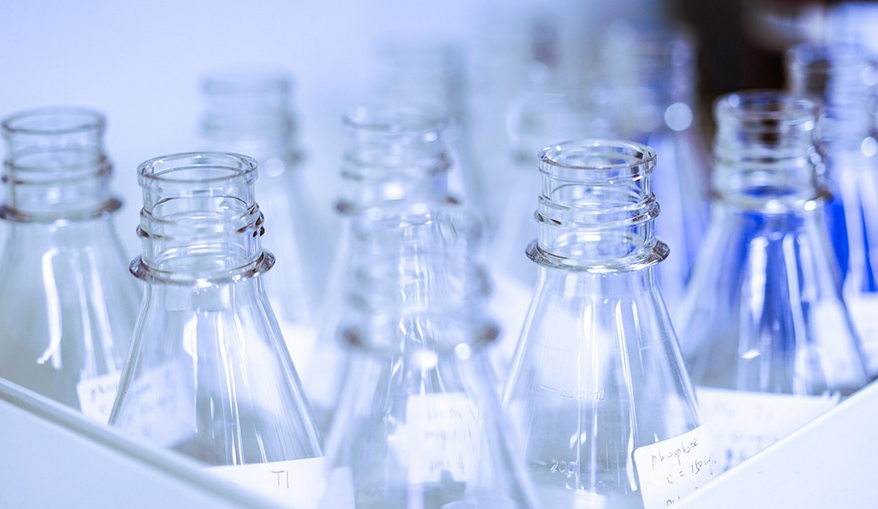Introduction
Alcohol withdrawal is a process that occurs when a person who has been drinking heavily suddenly stops drinking. This can lead to a range of symptoms, from mild to severe. In this article, we will explore how long it takes to withdraw from alcohol, and what you can expect during the process.
The Timeline of Alcohol Withdrawal
The timeline of alcohol withdrawal can vary depending on a number of factors, including the severity of the person’s alcohol use disorder and their overall health. Generally, the timeline can be broken down into three stages:
Stage 1: 6-12 Hours After the Last Drink
Within the first few hours of stopping drinking, a person may experience mild symptoms such as tremors, anxiety, and insomnia. These symptoms can progress to more severe symptoms, such as seizures, if left untreated.
Stage 2: 12-48 Hours After the Last Drink
During this stage, a person may experience more severe symptoms such as hallucinations, fever, and high blood pressure. These symptoms can be dangerous and require medical attention.
Stage 3: 48-72 Hours After the Last Drink
During the final stage of alcohol withdrawal, symptoms may begin to subside. However, some people may experience what is known as delirium tremens (DTs), which can be life-threatening.
Treatment for Alcohol Withdrawal
If you are experiencing alcohol withdrawal symptoms, it is important to seek medical attention immediately. Treatment may include medications to help manage symptoms, as well as therapy to address the underlying causes of alcohol use disorder.
Preventing Alcohol Withdrawal
The best way to prevent alcohol withdrawal is to seek help for alcohol use disorder before it progresses to a point where withdrawal is necessary. This can include participating in therapy, attending support groups, and seeking medical treatment if necessary.
Conclusion
In conclusion, alcohol withdrawal can be a difficult and sometimes dangerous process. It is important to seek medical attention if you are experiencing symptoms, and to take steps to prevent withdrawal from occurring in the first place. With the right treatment and support, it is possible to overcome alcohol use disorder and live a healthy, sober life.

